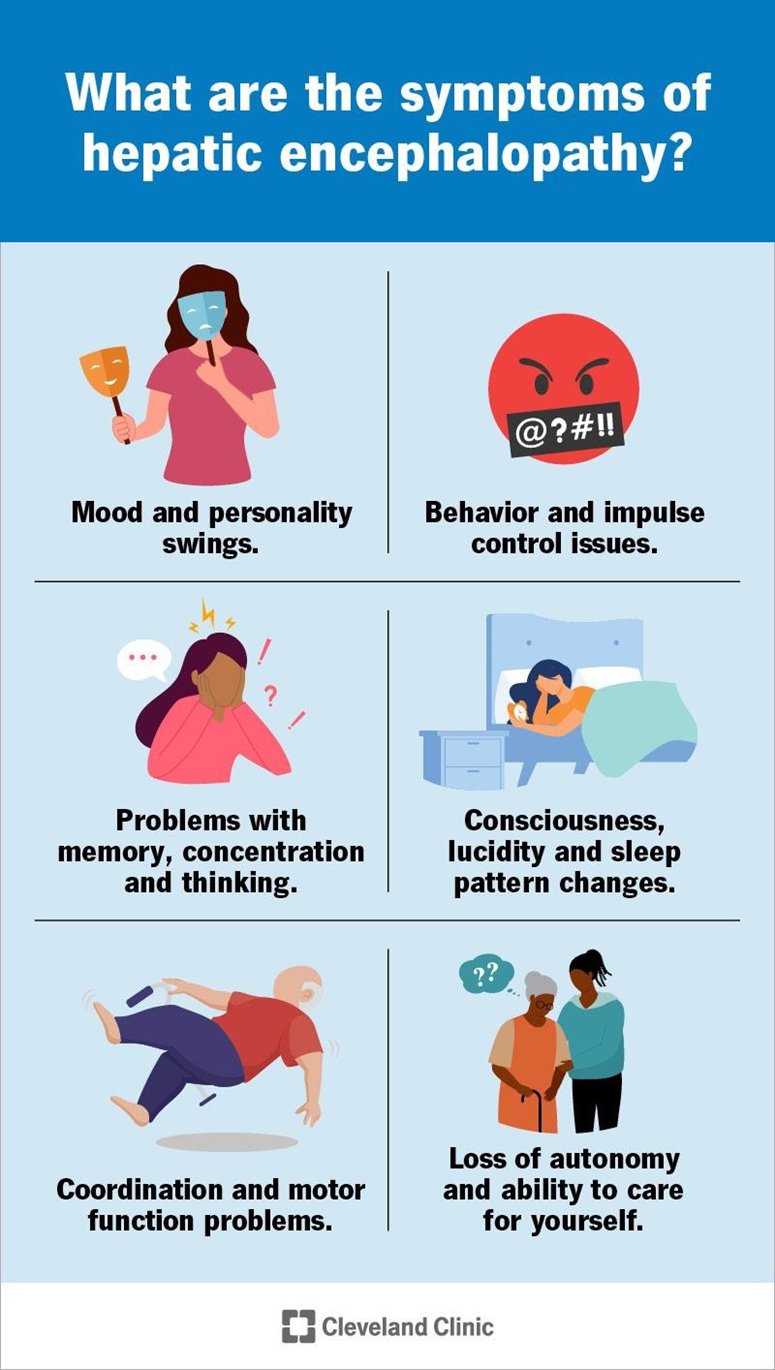A nurse is caring for a client who is receiving chemotherapy treatments. The client states, "I feel so nauseated after my treatments." Which of the following instructions should the nurse provide the client? (Select all that apply.)
Sip fluids slowly throughout the day.
Sit up for 1 hr after eating meals.
Consume foods that are served cold.
Eat foods low in carbohydrates.
Limit use of antiemetics until after first emesis.
Correct Answer : A,B,C
A. Sipping fluids slowly can help prevent dehydration and may help alleviate nausea.
B. Sitting up for 1 hour after eating meals can help prevent reflux and reduce the likelihood of nausea.
C. Cold foods may be better tolerated by individuals experiencing nausea.
D. There is no specific evidence to suggest that eating foods low in carbohydrates helps with chemotherapy-induced nausea.
E. Antiemetics should be taken as prescribed, and delaying their use until after experiencing vomiting may lead to inadequate control of nausea and vomiting. It's important for the client to follow the healthcare provider's instructions regarding the use of antiemetics.
Nursing Test Bank
Naxlex Comprehensive Predictor Exams
Related Questions
Correct Answer is D
Explanation
A. Lactulose is a laxative that works by reducing the absorption of ammonia in the colon, leading to increased bowel movements. Therefore, there should be an increase rather than a decrease in the number of bowel movements with this medication.
B. Lactulose is typically administered orally or rectally, not intravenously.
C. Lactulose does not treat infection; it helps reduce ammonia levels in hepatic encephalopathy by promoting bowel movements to expel ammonia.
D. Monitoring the serum ammonia level is essential in assessing the effectiveness of lactulose therapy. Reduction in serum ammonia levels indicates that the medication is working to reduce ammonia absorption in the colon.

Correct Answer is {"A":{"answers":"B"},"B":{"answers":"B"},"C":{"answers":"A"},"D":{"answers":"B"},"E":{"answers":"B"}}
Explanation
Unpasteurized cheese: Contraindicated. Unpasteurized cheese carries a risk of containing harmful bacteria, which can pose a risk of infection, especially for immunocompromised individuals like those undergoing chemotherapy.
Grilled hot dog: Contraindicated. Grilled hot dogs may pose a risk of bacterial contamination, which can be harmful, especially for individuals with mouth sores and immunosuppression. High-calorie supplement drink: Safe. High-calorie supplement drinks can provide essential nutrients and calories, which can be beneficial for clients undergoing chemotherapy, especially if they have increased appetite.
Sushi: Contraindicated. Sushi may contain raw fish or other raw ingredients that can increase the risk of foodborne illness, which can be harmful for immunocompromised individuals.
Cold deli meat sandwich: Contraindicated. Cold deli meats may carry a risk of listeria contamination, which can be harmful, especially for individuals with weakened immune systems due to chemotherapy.
Whether you are a student looking to ace your exams or a practicing nurse seeking to enhance your expertise , our nursing education contents will empower you with the confidence and competence to make a difference in the lives of patients and become a respected leader in the healthcare field.
Visit Naxlex, invest in your future and unlock endless possibilities with our unparalleled nursing education contents today
Report Wrong Answer on the Current Question
Do you disagree with the answer? If yes, what is your expected answer? Explain.
Kindly be descriptive with the issue you are facing.
